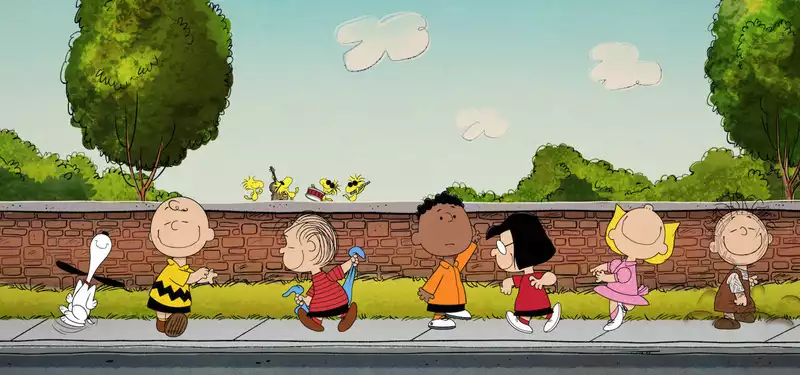Jan 29, 2021
How Beloved Kids Franchises Are Moving from Traditional TV to Streaming
As streaming distributors strive to acquire subscribers, and importantly, retain them, children's content is becoming increasingly important. It is well known that children are loyal to their favorite shows, and as such, parents are seen as less likely than others to cancel their subscriptions (known as "churn" in industry parlance).
This much is well known. However, a new article in Variety examines how this battle for children's content, "the most heated front in the streaming wars," is really playing out. The article outlines what the major players are doing to appeal to families as viewers cancel their traditional TV subscriptions and seek out streaming services.
The article reports on the boom in original children's content, particularly at Netflix, a leader in this area. Chris Nee, who has a comprehensive contract with the company, commented on the creative freedom she enjoys, saying At a place like Disney, they would be much more careful in deciding what they give to one person." What are your capabilities?" Like. The article adds that this boom is bringing diversity on screen.
But amid the glut of new shows, executives are also focusing on existing characters and franchises to make their streaming services stand out. As the author of Variety magazine noted, "No one is giving up on the original concept, which is still a very popular one."
Tom Askeem, president of Warner Bros.' Global Kids, Young Adult, and Classics business, told Variety that the Bugs Bunny and Hanna-Barbera libraries are "the gift that keeps on giving." The story is similar at Disney, where, according to Gary Marsh, president and chief creative officer of Disney Branded Television, a new take on classic IP is "our main competitive advantage."
Meanwhile, ViacomCBS's Paramount+ will air new SpongeBob content. Two longtime PBS staples, Sesame Street and Curious George, are also currently partnering with streaming distributors. New episodes of the former will premiere on Warner Media's HBO and HBO Max, and the latter on NBCUniversal's Peacock. The episodes will then move to PBS.
Old habits die hard, and broadcast television still has some clout today; according to Variety, the announcement last fall that Peanuts specials would be Apple TV+ exclusive from now on caused a backlash. This was because viewers had become accustomed to watching Charlie Brown movies on network television each holiday season. Apple relented and struck a deal with PBS to air the specials for free.
PBS is, of course, a public broadcaster with an educational mission, and losing its position to streamers would affect its audience. I'm concerned that a lot of platforms are going to be paid streaming services," says Leslie Rothenberg, the station's chief programming executive and general manager of children's media and education. On the one hand, it means there is an abundance of content for children, but they have to be financially able to access it." In many ways, this model exacerbates the educational divide and digital divide in this country."
Children's linear stations' ratings have been plummeting for some time, and brand awareness among young viewers has also declined. Beloved characters and content have followed suit, migrating to streaming platforms. What does this mean for TV and streaming audiences, and for creators of original content, in the long term?




Post your comment